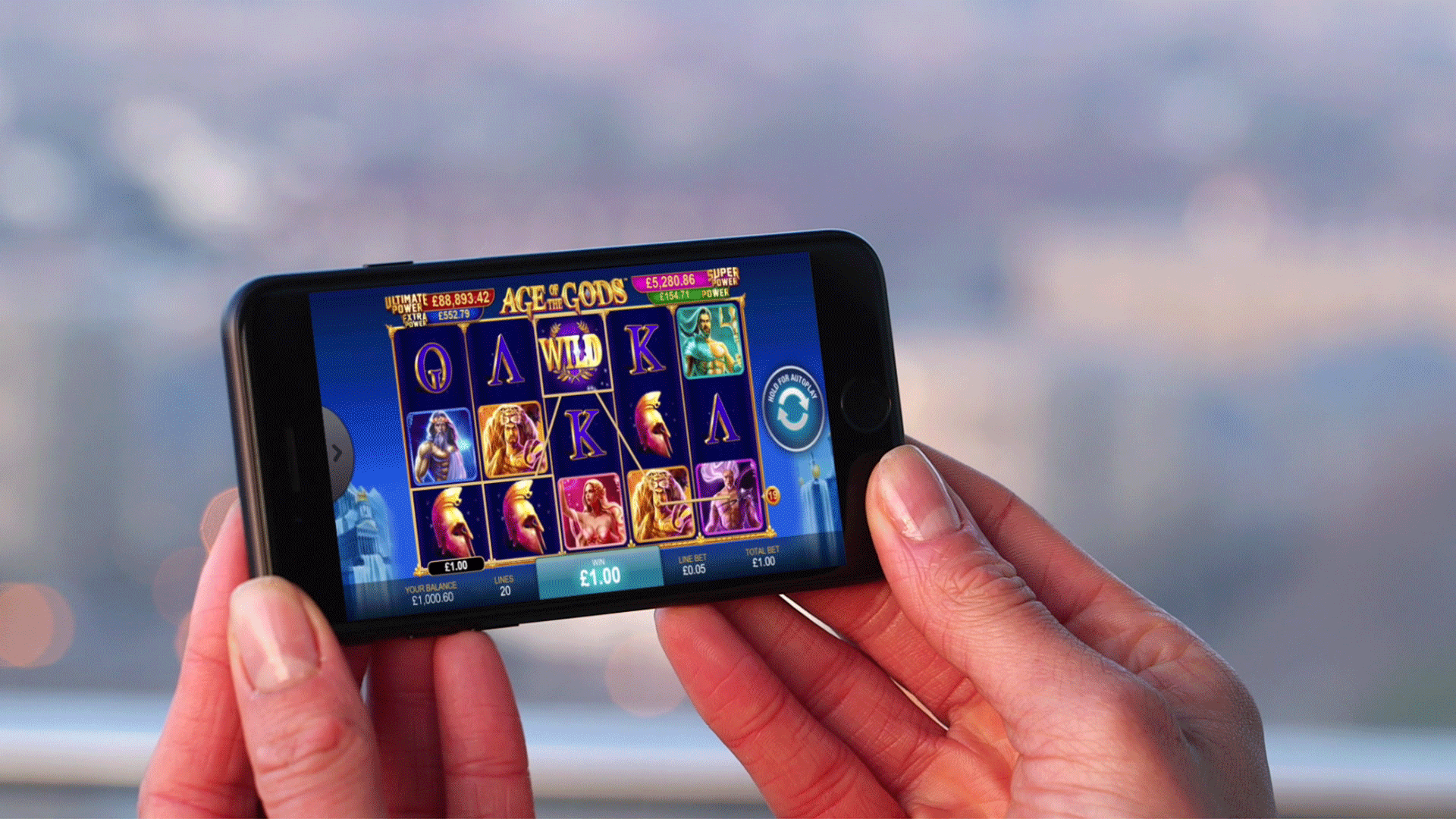
The Evolution and Impact of Playing Games Online
The world of gaming has undergone a profound transformation over the past few decades, shifting from solo experiences to expansive, multiplayer universes accessible via the internet. Online gaming, once a niche activity, has become a dominant force in the entertainment industry, influencing everything from social interactions to technological advancements RAJA189. In this article, we explore the evolution of online gaming, its impact on individuals and communities, and the future of this ever-expanding domain.
The Rise of Online Gaming
Online gaming traces its roots to the early days of computer networks and dial-up internet connections. In the 1980s and 1990s, games like Maze War and Spasim introduced the concept of multiplayer gaming, although these were limited to local area networks (LANs). However, it wasn’t until the late 1990s and early 2000s that internet speeds and infrastructure began to support more widespread online experiences.
*Games like EverQuest, Ultima Online, and Diablo II revolutionized the gaming world by connecting players across vast distances, allowing them to interact in real-time within digital worlds. The late 2000s saw the rise of massively multiplayer online role-playing games (MMORPGs) like World of Warcraft, which captivated millions of players worldwide with its immersive worlds, cooperative gameplay, and social aspects.
At the same time, the world of online first-person shooters (FPS) flourished. Titles like Counter-Strike and Halo introduced competitive multiplayer gameplay on a global scale, offering both casual and professional players the opportunity to showcase their skills. These games also helped pave the way for esports, a rapidly growing industry with tournaments and sponsorships drawing millions of viewers.
Social Interaction and Community Building
One of the most significant impacts of online gaming has been its ability to bring people together, creating global communities that transcend geographical boundaries. Multiplayer games offer players the chance to collaborate or compete with others, forging connections that can lead to lasting friendships.
In games like Fortnite, Apex Legends, and League of Legends, players can team up with others across continents, building squads and working together to achieve common goals. Online gaming has fostered a sense of camaraderie, where individuals form “guilds,” “clans,” or “teams,” creating tight-knit social groups based around shared interests and skills.
These online communities often extend beyond the game itself, with players engaging in forums, streaming platforms like Twitch, or creating fan content. The power of online gaming communities is also evident in fan-driven events, charity streams, and social activism, where players rally around causes and support one another in both the virtual and real world.
The Psychological and Cognitive Impact of Online Games
While online gaming has brought people together, it has also sparked debates about its effects on mental health and cognitive development. On one hand, online games can promote teamwork, critical thinking, and problem-solving skills. Games like Overwatch and Minecraft require players to think on their feet, strategize with teammates, and navigate complex virtual environments. Studies suggest that playing action-oriented games can enhance hand-eye coordination, reaction times, and spatial awareness.
However, the immersive nature of online gaming also raises concerns. Some players may become addicted to the gaming experience, leading to excessive screen time and neglect of other important life responsibilities. The intense competitive nature of certain games can sometimes foster toxic behavior, with online harassment and bullying affecting players’ experiences.
Additionally, online gaming’s social nature can be double-edged. While it creates opportunities for connection, it can also encourage isolation for individuals who become overly immersed in the virtual world. Maintaining a healthy balance between the virtual and real world is essential for ensuring that gaming remains a positive experience.
The Future of Online Gaming
The future of online gaming looks bright, with innovations in technology continuing to shape the way we play and interact in virtual spaces. One of the most exciting developments is the rise of cloud gaming, which allows players to stream games directly from servers rather than requiring powerful hardware. Platforms like Google Stadia, Xbox Cloud Gaming, and Nvidia GeForce Now are making high-quality gaming accessible to a wider audience, democratizing the gaming experience and eliminating the need for expensive consoles or PCs.
Virtual reality (VR) and augmented reality (AR) are also poised to revolutionize online gaming, offering more immersive experiences where players can interact with digital environments in ways never seen before. Imagine a world where players can step into their favorite games, interacting with objects and characters through motion tracking and haptic feedback. Games like Beat Saber and Half-Life: Alyx are already pushing the boundaries of what’s possible with VR, and this is only the beginning.